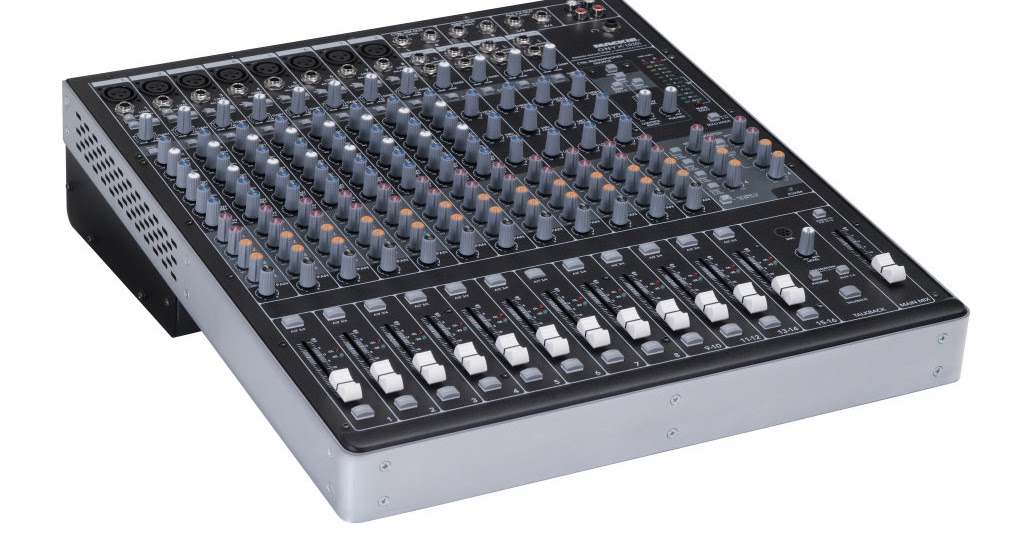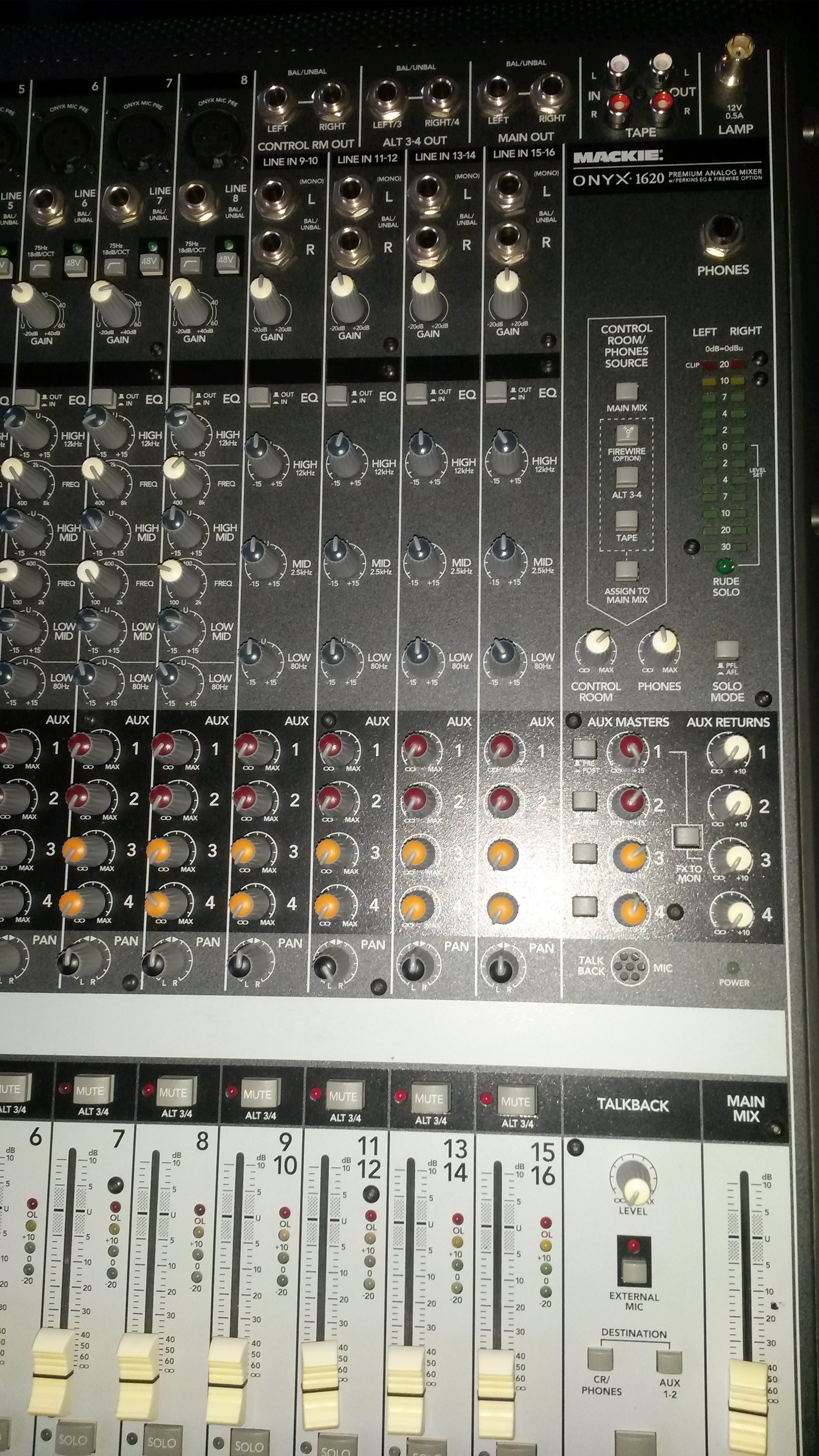
The soundcraft also saves some desk space in an already small mixing space. They also work great as live mixers, but there are no built in effects which is why I now use the MTK 12 for small live shows where the vocalists want a little reverb. I will probably use them as long as I have a Mac that supports FireWire, or the mutant $100 worth of dongles that allows a thunderbolt 3 Mac to connect to them. Thats why the Mackie Onyx 1620i has 16 channels: 8 clear, detailed Onyx mic preamps plus 4 stereo channels that can handle line-level inputs like keyboards or drum machines. Now that USB interfaces and the chipsets used in audio devices are more reliable, I’m looking at an MTK 22 to possibly replace the 1640i, or maybe that 16 channel zoom. I need to reboot the 1220i a few times a year, otherwise it stays on. The kmix has a stuck rotary out of the box that I’m too lazy/busy to fix. I need to reboot the soundcraft once a week. As well or better than any USB interface I have, including the SoundCraft MTK Signature 12 and the k-mix.


Stability wise, in 2019, they work pretty well. I still use the 1640i for projects or large improv recording sessions. These standalone kits seem to now be unobtanium. It is bulky though, and I challenge you to find the dang rotopod or rack mount kit anywhere on the Internet. We also have a 1640i, which we unboxed and recorded the start of an album over a long weekend. Hello, first off, i greatly appreciate what you do for the audio and linux community even though im still pretty new at a lot of this. It houses eight of Mackies premium-quality Onyx mic preamps for natural, transparent sound. The mackie universal driver upgrade which enables pro tools m-powered 8 functionality is a simple download from the mackie website usually costing 49.99. It worked perfectly, and continues to serve daily duties in my home studio. The Onyx 1620i is, first and foremost, a Mackie mixer. My band has a 1220i, which we unboxed and then recorded an album that weekend.


 0 kommentar(er)
0 kommentar(er)
